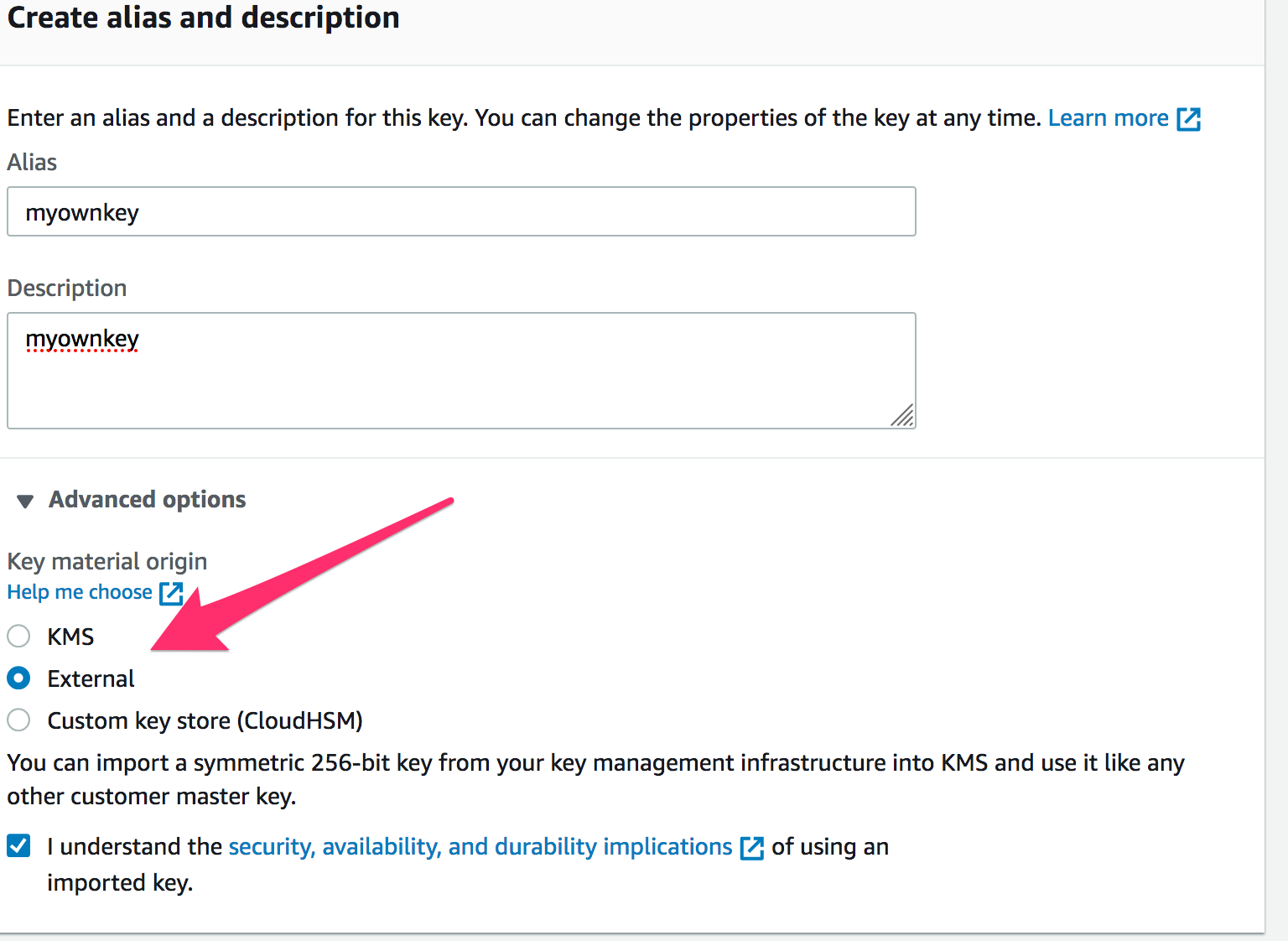OpenSSL is well known for its ability to generate certificates but it can also be used to generate random data. Generates 32 random bytes (256bits) in a base64 encoded output: openssl rand -base64 32 Plaintext. Generates 32 random characters (256bits): openssl rand 32.
- An AES-128 expects a key of 128 bit, 16 byte. To generate such a key, use OpenSSL as: openssl rand 16 myaes.key AES-256 expects a key of 256 bit, 32 byte. To generate such a key, use: openssl rand 32 myaes.key – ingenue Oct 12 '17 at 11:57.
- Generate Aes-256-ctr Key Fob; My goal was to create a private key and to encrypt it with a strong cipher. That key would be used as a root certificate for an internal Certification Authority. However, eventhough openssl suppor. Instead, you derive encryption key from your password by using some key derivation function.
Symmetic encryption

For symmetic encryption, you can use the following:
To encrypt:

To decrypt:
Asymmetric encryption
For Asymmetric encryption you must first generate your private key and extract the public key.
To encrypt:
Ztek usb to rs232 driver. To decrypt:
Encrypting files
You can't directly encrypt a large file using rsautl. Instead, do the following:
- Generate a key using
openssl rand, e.g.openssl rand 32 -out keyfile. - Encrypt the key file using
openssl rsautl. - Encrypt the data using
openssl enc, using the generated key from step 1. - Package the encrypted key file with the encrypted data. The recipient will need to decrypt the key with their private key, then decrypt the data with the resulting key.
Ultimate solution for safe and high secured encode anyone file in OpenSSL and command-line:
Private key generation (encrypted private key):
With unecrypted private key: Moodala mane kannada serial episodes.
With encrypted private key:
With existing encrypted (unecrypted) private key:
Encrypt a file
Encrypt binary file:
Encrypt text file:
What is what:
smime— ssl command for S/MIME utility (smime(1)).-encrypt— chosen method for file process.-binary— use safe file process. Normally the input message is converted to 'canonical' format as required by the S/MIME specification, this switch disable it. It is necessary for all binary files (like a images, sounds, ZIP archives).-aes-256-cbc— chosen cipher AES in 256 bit for encryption (strong). If not specified 40 bit RC2 is used (very weak). (Supported ciphers).-in plainfile.zip— input file name.-out encrypted.zip.enc— output file name.-outform DER— encode output file as binary. If is not specified, file is encoded by base64 and file size will be increased by 30%.yourSslCertificate.pem— file name of your certificate's. That should be in PEM format.
That command can very effectively a strongly encrypt any file regardless of its size or format.
Decrypt a file
How to install mods in mortal kombat komplete edition. Decrypt binary file:

Openssl Generate Aes 256 Key Detection
For text files:
What is what:
Openssl Generate Aes 256 Key

-inform DER— same as-outformabove.-inkey private.key— file name of your private key. That should be in PEM format and can be encrypted by password.-passin pass:your_password— (optional) your password for private key encrypt.
Verification
Creating a signed digest of a file:
Openssl Generate Aes 256 Key Size
Verify a signed digest:
Comments are closed.